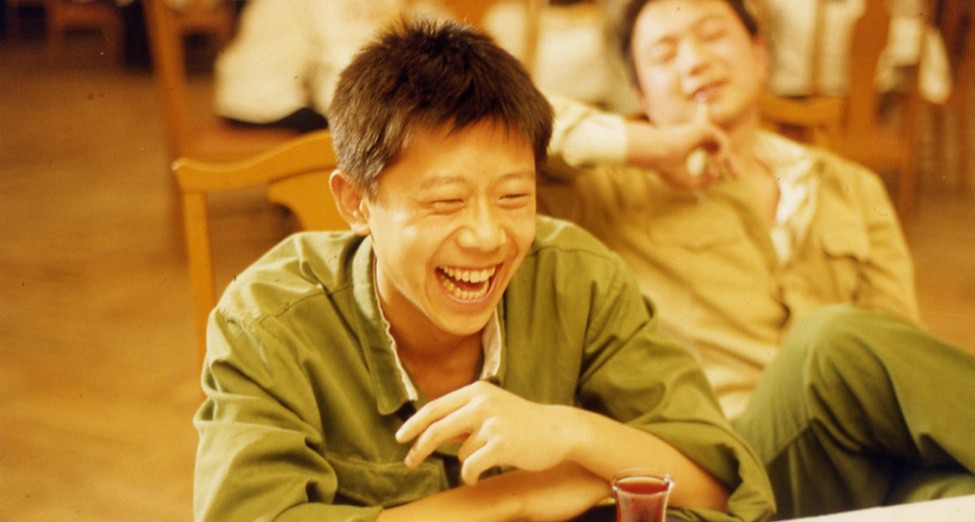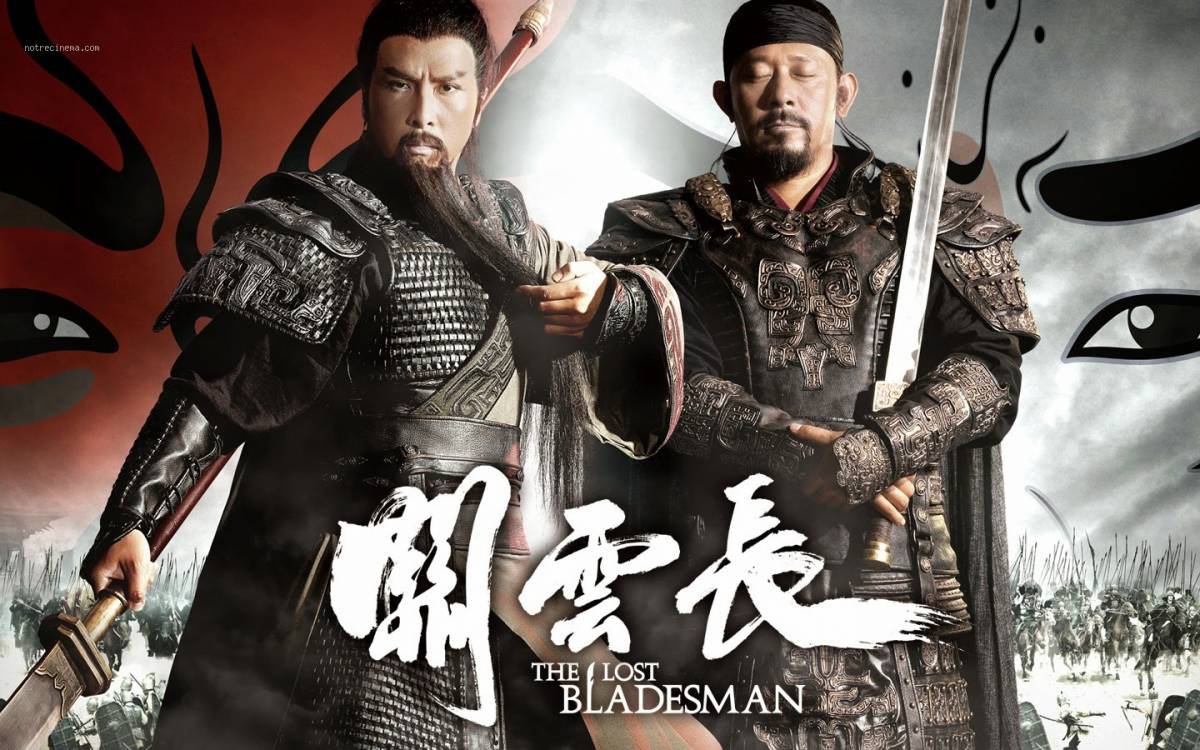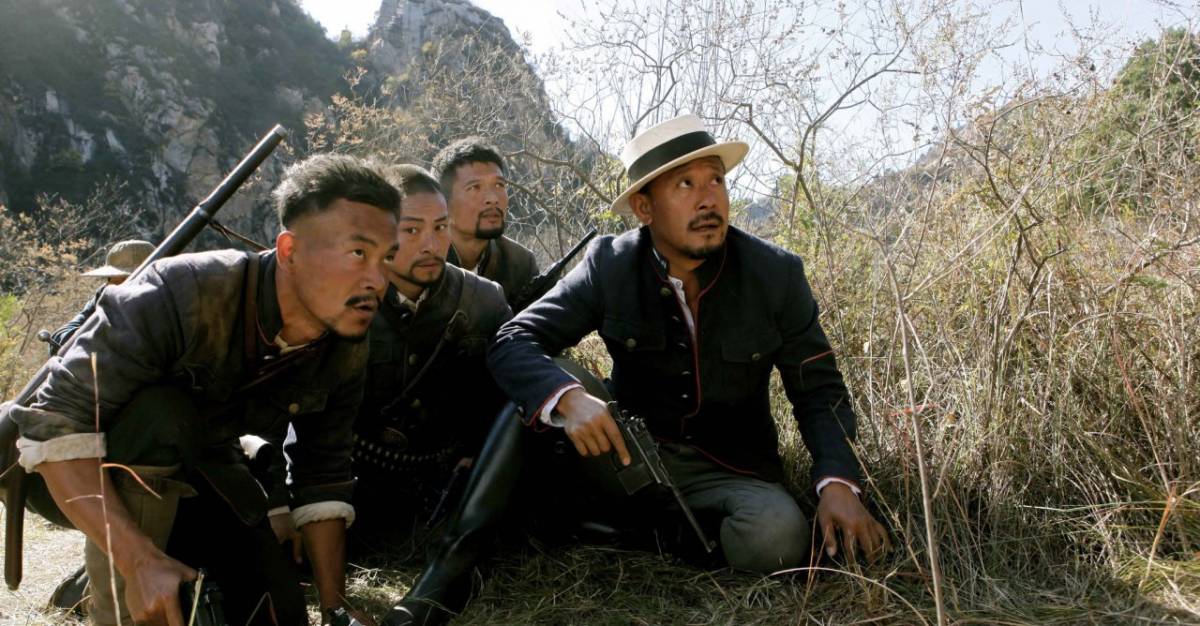Jiang Wen is one of China’s most famously controversial actors and directors, who has been starring in and creating films since the 1980’s. His films have been censored countless times in China, and he was even outright banned from filmmaking in China for seven years, after his film Devils at the Doorstep (Guizi Lai Le) won the prestigious Grand Prix at the 2000 Cannes festival but was deemed “insufficiently patriotic” by the Chinese government.
Today I wanted to share my recommendations of some of my favourite movies of his with you, as I know a fair few people aren’t familiar with his work outside of Hollywood, and might want some starting points. Note that, for this list, I’m recommending films that Jiang has either directed and/or acted in, though most of these are director credits. I’m also not including his role as Baze Malbus in Rogue One: A Star Wars Story because I assume all you nerds have seen it. If not–make it your first viewing!
Here are my top five recommendations, in chronological order of release:
In the Heat of the Sun (1994)

In the Heat of the Sun was Jiang Wen’s first time directing (after years of acting in various roles) and was both a commercial and critical success in China when it was released back in 1994.
Set in Beijing during The Cultural Revolution (a Communist-led socio-political movement which took place from 1966 until 1976 which wanted to re-impose Maoist thought in the movement), Jiang Wen both stars in and directs this film which won Best Picture at the Golden Horse Film Awards.
Though somewhat obscure in the West at the time of its release, the film has grown in popularity over the years, to the point where director Quentin Tarantino is reportedly a fan of the film.
Devils on the Doorstep (2000)

The film that won Jiang Wen both a prestigious award and a seven year film-making ban, Devils on the Doorstep is a black and white film which details the story of a Chinese villager in the Second Sino-Japanese War, who is forced to take in two Japanese prisoners.
It’s a dark comedy film which deals with both the horrors and devastation of war, and also a film full of a lot of gore and violence: taking influence from WW2 film-making styles like Italian Neorealism and the films of Tomotaka Tasaka.
The film’s empathy towards the Japanese (and the portrayal of both sides as neither “right” nor “wrong”) is part of what earned Jiang Wen his film-making ban. Until 2007, he only acted in other people’s films, and was not allowed to create his own, in China.
Let the Bullets Fly (2010)

The first film in Jiang Wen’s “bullets” series, Let the Bullets Fly is a dark comedy film set in 1920’s China. Jiang Wen leads a group of bandits who rob a train and impersonate government officials in order to take over a local town called Goose Town. It’s a film filled with violence, guns and smoking: basically everything you’d expect from a Jiang Wen film.
The narrative of this film is deceptively generic in tone: Let the Bullets Fly feels like a Western wrapped in an Action/Adventure film, more than it feels like a historical drama. It’s surprisingly funny and light-hearted at times, particularly when dealing with the characters who are meant to appear cowardly and weak to the audience. But as with most of the other films on this list, it’s also quite a violent affair, with some scenes of suicide and murder.
Let the Bullets Fly was critically successful (despite drawing some negative comments for its use of violence) and went on to win a whole host of awards including Best Director at the 18th Hong Kong Film Critics Society Awards.
The Lost Bladesman (2011)

The Lost Bladesman is really what I’d call a “guilty pleasure” film, but who doesn’t want to see Donnie Yen and Jiang Wen as Guan Yu and Cao Cao battling it out for Three Kingdoms era China?
Yen obviously steals most of the spotlight with his martial arts scenes, but the elaborate costumes and epic battle scenes and in this high-budget film make for a fun viewing overall. It’s not the most historically accurate of films, but it’s really enjoyable to watch, and I’d recommend it as one of the less heavy-going films on this list, even if it is still packed with a decent amount of violence. You probably won’t come away from it thinking about your existential place in the universe, but you’ll be entertained, and you’ll also get to see Donnie Yen wearing some really long fake facial hair.
Gone With the Bullets (2014)

Gone With the Bullets is a 2014 film that is set in 1920’s Shanghai. Its main premise revolves around an international beauty pageant for prostitutes, where Jiang Wen and Ge You are the hosts. It’s glitzy, high-budget viewing: each shot is drenched in opulence and glamour, and no space in the frame is wasted as Wen fills every shot with as much rich background detail as he can.
It is also a film that I will never, ever understand. If you’re looking for a tight plot where the character development is seamless and important, Gone With the Bullets may not be for you. The film is probably best described as a series of somewhat-connected events, lightly strung together with the same characters. It’s a genre-jumping, somewhat surreal experience which drags its characters through a series of genre pastiches and film parodies. It’s a film that opens with a Godfather parody and ends in a way that will leave you confused and smiling. In a way, it feels a little like Jiang Wen’s own, loose version of La La Land: a grand, romantic love letter to film-making where everything is a little surreal and always colourful.
Fun fact: Gone With the Bullets was actually named 2014’s “smokiest movie” by an anti-smoking group in China, featuring 45 smoking scenes in all, which is the equivalent to someone smoking every 3.1 minutes throughout the film. Oh, Jiang Wen.
Did we miss any movies off our list? Have you seen any of these? What did you think? Let us know in the comments below!
Some of the coverage you find on Cultured Vultures contains affiliate links, which provide us with small commissions based on purchases made from visiting our site. We cover gaming news, movie reviews, wrestling and much more.



